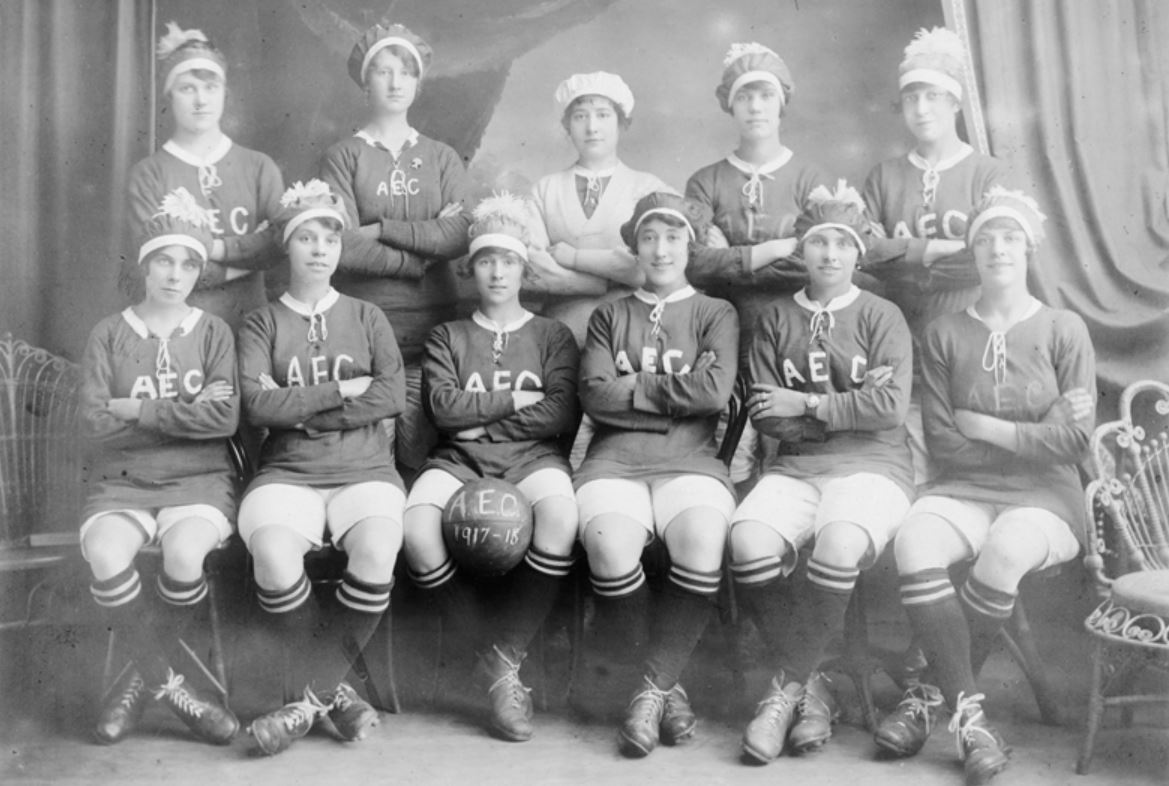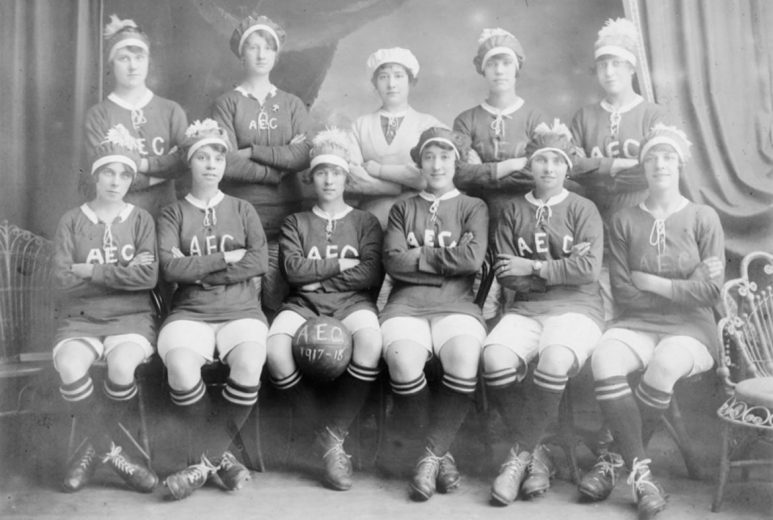Published: 27 June 2014
Region: Worldwide
 If it was up to some of the world media and most of the marketers, women would not have anything in common with the football and World Cup. Women should simply avoid it and go and do some more ‘girly things’. How unjust is to see that in the summer 2014 most of the adverts feature only men watching and enjoying football with, sometimes in the background, usually half-naked, slim and mostly light-skinned women supporting the football supporters.
If it was up to some of the world media and most of the marketers, women would not have anything in common with the football and World Cup. Women should simply avoid it and go and do some more ‘girly things’. How unjust is to see that in the summer 2014 most of the adverts feature only men watching and enjoying football with, sometimes in the background, usually half-naked, slim and mostly light-skinned women supporting the football supporters.

Once again, media and advertising agencies have confirmed not only some of the negative stereotypes about different nations competing in football, but also the spread of gender prejudices, pushing women into “the corner”. But let’s not forget that these corners are considered to be a reasonable goal-scoring opportunity. Thus, the time has come to be more vocal about the gender stereotypes, to demand more media coverage of women in sport, as well as combat the ever-present and long lasting sexualisation of women.
Analysing the advertising culture surrounding this year World Cup in Brazil, the Representation Project points out the prevailing portrayal of women as sex objects and as someone who:
a) doesn’t like football
b) doesn’t understand the game
c) would rather do something else than watch the match
“If we consider the growth in football support by women who are every bit as excited by the World Cup as our male counterparts, then this just shows poor understanding of the football market and the motivations of a significant proportion of the global football fan base. It is also, of course, deeply irritating in its use of stereotypes which, were they racial or national, might see a much bigger backlash”, writes Sue Bridgewater, Head of Sports Research at University of Liverpool.
It makes it more challenging when FIFA’s number one man Seth Blatter makes sexist statements , but there are still so many ways not only to challenge Blatter, who keeps being re-elected to lead the world’s football federation, but also to expose the misrepresentation and underrepresentation of women in world media.
For instance, there have been no female commentators for the whole of the BBC and ITV World Cup coverage. When asked about the lack of female commentators, Niall Sloane, ITV’s controller of sport, told the Guardian they’d “consider having a female pundit”. “The BBC later answer this question a little better, saying that they want pundits who have had experience in the sport, and this being men’s football, that means men. But it’s still ridiculous, of course, that neither ITV nor BBC have any female commentators for the whole of their World Cup coverage”, concludes the Guardian.
And it is not like British TV is the only one with a gender bias when it comes to sport. Last year in six British newspapers such as the Sun, Times, Telegraph etc. stories about men’s sports outnumbered those about women’s sports by 20 to one, revealed Birmingham University report.
In one of the few articles on women’s football The Independent remembered the times when 50,000 fans would turn out to watch the game between female players. That how it was after the First World War and before 1921 when “the Football Association killed off the rise of women’s football by effectively banning clubs from allowing women’s games to be played at their grounds”.
